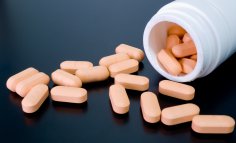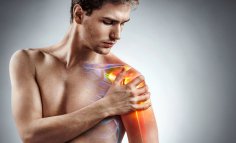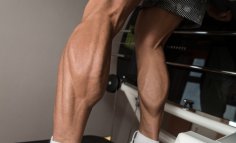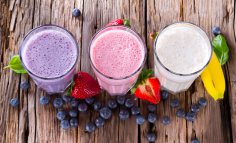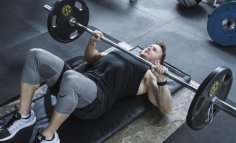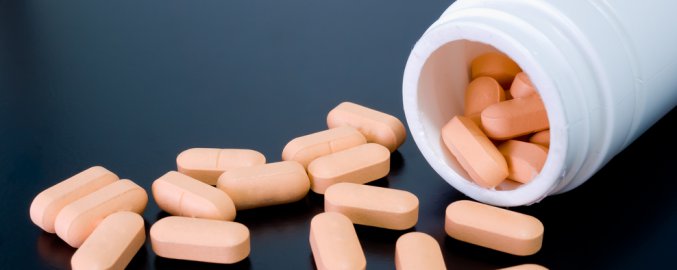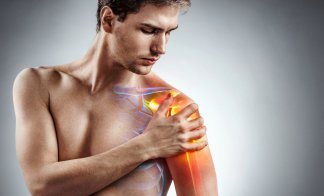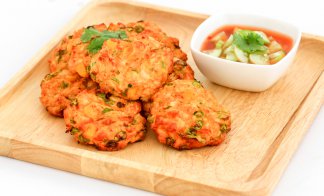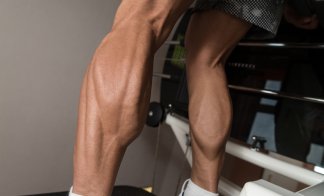The effects of supraphysiologic doses of testosterone on muscle size and strength in normal men.
Bhasin S, Storer TW, Berman N, Callegari C, Clevenger B, Phillips J, Bunnell TJ, Tricker R, Shirazi A, Casaburi R.
Department of Medicine, Charles R. Drew University of Medicine and Science, Los Angeles, CA 90059, USA.
BACKGROUND: Athletes often take androgenic steroids in an attempt to increase their strength. The efficacy of these substances for this purpose is unsubstantiated, however. METHODS: We randomly assigned 43 normal men to one of four groups: placebo with no exercise; testosterone with no exercise; placebo plus exercise; and testosterone plus exercise. The men received injections of 600 mg of testosterone enanthate or placebo weekly for 10 weeks. The men in the exercise groups performed standardized weight-lifting exercises three times weekly. Before and after the treatment period, fat-free mass was determined by underwater weighing, muscle size was measured by magnetic resonance imaging, and the strength of the arms and legs was assessed by bench-press and squatting exercises, respectively. RESULTS: Among the men in the no-exercise groups, those given testosterone had greater increases than those given placebo in muscle size in their arms (mean [+/-SE] change in triceps area, 424 +/- 104 vs. -81 +/- 109 square millimeters; P < 0.05) and legs (change in quadriceps area, 607 +/- 123 vs. -131 +/- 111 square millimeters; P < 0.05) and greater increases in strength in the bench-press (9 +/- 4 vs. -1 +/- 1 kg, P < 0.05) and squatting exercises (16 +/- 4 vs. 3 +/- 1 kg, P < 0.05). The men assigned to testosterone and exercise had greater increases in fat-free mass (6.1 +/- 0.6 kg) and muscle size (triceps area, 501 +/- 104 square millimeters; quadriceps area, 1174 +/- 91 square millimeters) than those assigned to either no-exercise group, and greater increases in muscle strength (bench-press strength, 22 +/- 2 kg; squatting-exercise capacity, 38 +/- 4 kg) than either no-exercise group. Neither mood nor behavior was altered in any group. CONCLUSIONS: Supraphysiologic doses of testosterone, especially when combined with strength training, increase fat-free mass and muscle size and strength in normal men.[/i]

